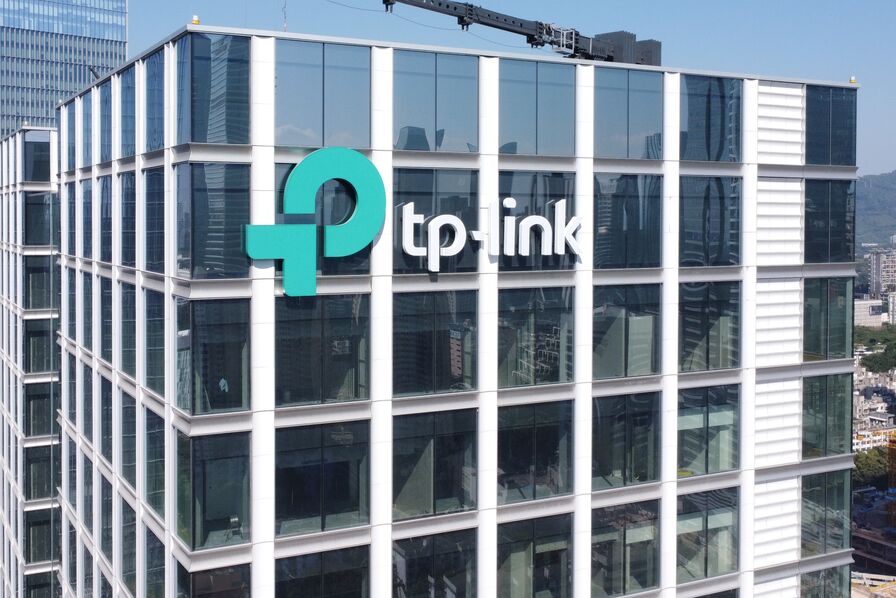Corporate leaders, academics, policymakers, and countless others are looking for ways to harness generative AI technology, which has the potential to transform the way we learn, work, and more. In business, generative AI has the potential to transform the way companies interact with customers and drive business growth. New research shows 67% of senior IT leaders are prioritizing generative AI for their business within the next 18 months, with one-third (33%) naming it as a top priority. Companies are exploring how it could impact every part of the business, including sales, customer service, marketing, commerce, IT, legal, HR, and others.
However, senior IT leaders need a trusted, data-secure way for their employees to use these technologies. Seventy-nine-percent of senior IT leaders reported concerns that these technologies bring the potential for security risks, and another 73% are concerned about biased outcomes. More broadly, organizations must recognize the need to ensure the ethical, transparent, and responsible use of these technologies.
Mots-clés : cybersécurité, sécurité informatique, protection des données, menaces cybernétiques, veille cyber, analyse de vulnérabilités, sécurité des réseaux, cyberattaques, conformité RGPD, NIS2, DORA, PCIDSS, DEVSECOPS, eSANTE, intelligence artificielle, IA en cybersécurité, apprentissage automatique, deep learning, algorithmes de sécurité, détection des anomalies, systèmes intelligents, automatisation de la sécurité, IA pour la prévention des cyberattaques.






